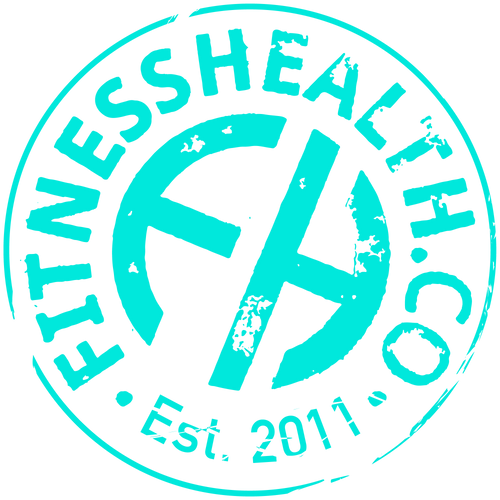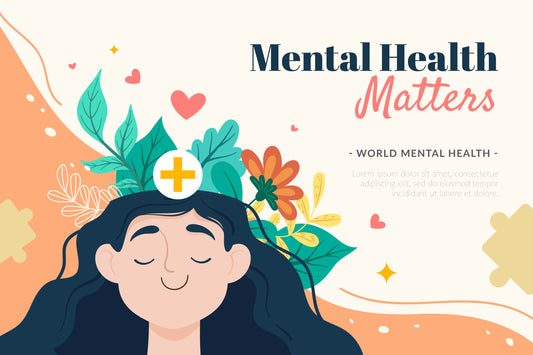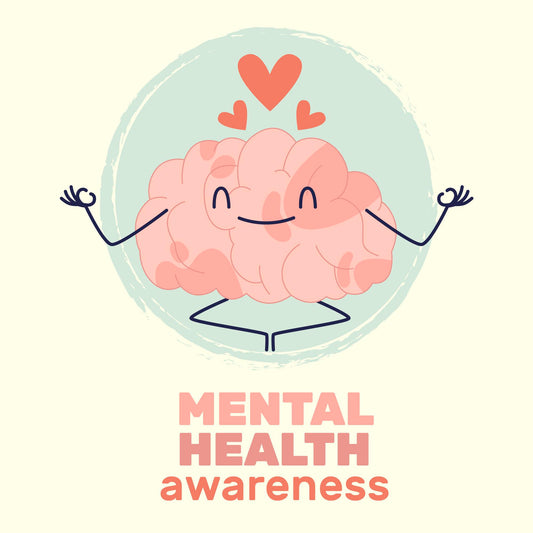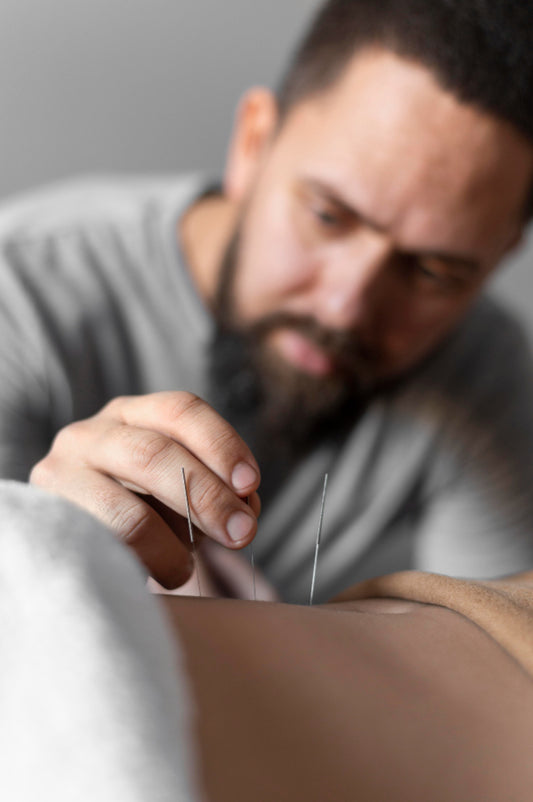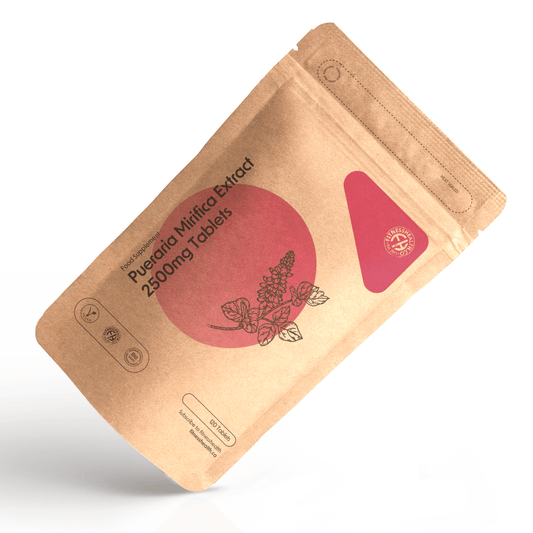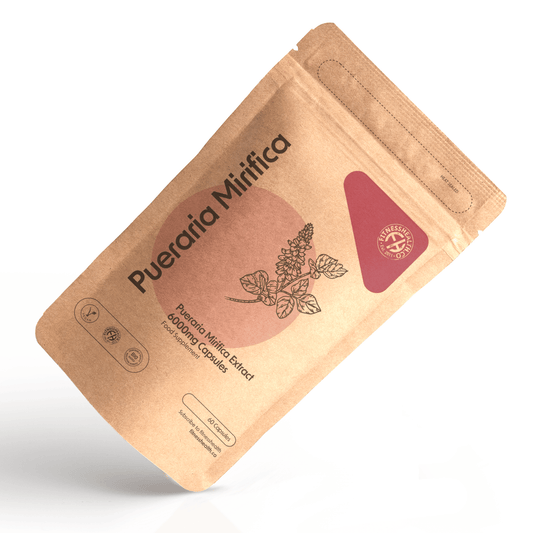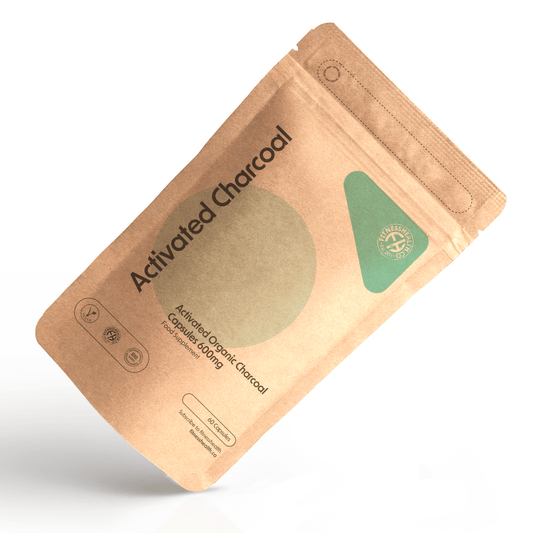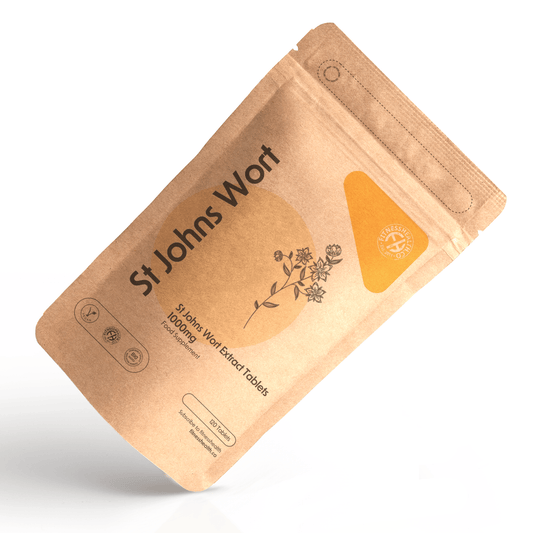Navigating the journey of menopause can feel like wandering through an intricate maze, where each turn presents a new challenge in the form of hot flashes, night sweats, mood swings, and a carousel of other physical symptoms throughout. It's a time when our bodies remind us of their complexity and resilience, often prompting a search for relief and balance that feels both gentle and natural. As someone who has personally meandered through the labyrinth of menopausal symptoms, I've turned to botanical and dietary supplements in the hope of finding solace and support. Along this journey, I've discovered what appears to blossom with benefits and what wilts under scrutiny.
Botanicals commonly used for PMS and early menopausal symptoms
Among the most common plants used by menopausal patients are chastetree/vitex and the wild yam and evening primrose. Chastetree/Vitex can help prevent early menopause symptoms of abnormal menstruation and has been evaluated as a risk to women with PMS, breast tissue & abnormal ovaries. Vitex has shown progesterone similar effects with ovulation of ovary and prostate. Chastree/Vitex can sometimes be mixed with black cohosh or with other herbs. The most important research was focused on PMS tenderness and risk of breast cancer in tissue and very little was done on sarcom.

How We Select Supplements
Our company has made a lot of effort to improve our dietary supplement recommendations; please see our nutritional guidelines for the best results. We advocate for dietary supplements that can be medically reviewed scientifically verified. Among the products we consider are product attributes which imply the best quality products. We prioritize products tested by third parties or accredited by third parties certifiers, such as USP, NSF. FDA regulations prohibit consumers from taking any supplements unless they have been evaluated in advance by an independent agency to assess their effectiveness.
What Works
Black Cohosh
A beacon for many, black cohosh has been a go-to herb that promises to ease hot flashes and mood swings. Studies suggest that black cohosh can be beneficial for some women, though it’s not a one-size-fits-all remedy. My own voyage with this herb has been akin to finding an oasis in a desert, providing a semblance of relief in a landscape often barren of comfort. It’s like the gentle hand of nature herself, guiding me through tumultuous times with a whisper of reprieve.
Phytoestrogens (Soy and Flaxseed)
Stepping into the world of phytoestrogens has been akin to discovering a new chapter in an ongoing saga. Soy products and flaxseed, rich in these plant-based estrogens, have been subtle yet powerful allies. Integrating soy into my diet through tofu, edamame, and soy milk, alongside sprinkling ground flaxseed over my morning oatmeal, has felt like nurturing my body with nature’s own wisdom. These foods have been linked to a reduction in hot flashes and offer a heart-healthy bonus, making them a dual-purpose remedy.
Vitamin E
Embarking on the Vitamin E journey was inspired by whispers of its benefits for skin dryness and hot flashes. This antioxidant has been like a balm, soothing not just the physical but the emotional landscapes marred by menopause. Adding Vitamin E-rich foods like almonds, spinach, and sweet potatoes to my diet, along with a supplement, has felt like an act of kindness towards my body, acknowledging its need for extra care during this transformative phase.
Magnesium
This mineral became my nightly ritual, a lullaby for a body too often restless. Magnesium, found in abundance in almonds, spinach, and whole grains, not only supported better sleep but also seemed to be a pacifier for mood swings. It’s like the calming melody in the chaos of menopause, promoting relaxation and easing into a state of tranquility.

What Doesn’t
Dong Quai
Venturing into the realm of Dong Quai was driven by tales of its prowess in balancing hormones and easing menopausal symptoms. However, like a mirage that promises water in the desert, Dong Quai’s benefits seemed elusive, with research suggesting little to no effect on hot flashes and other symptoms. It was a reminder that not all that glitters in the herbal kingdom is gold.
Wild Yam Cream
The allure of wild yam cream, touted for its natural ‘progesterone’ content, was strong. Yet, diving deeper into the science revealed that the body does not convert diosgenin (found in wild yams) into progesterone outside of a laboratory setting. This journey was akin to following a path that leads to a dead end, underscoring the importance of guiding our choices with evidence.
Unregulated Supplements
Perhaps the most crucial lesson learned was the importance of caution when exploring the vast sea of supplements. The allure of quick fixes and miracle cures can be tempting, but the waters are often murky with unregulated products that promise the moon but fail to deliver. This journey underscored the value of consulting healthcare providers and favoring reputable sources, ensuring that my voyage through menopause is not only natural but also safe.
What are the best natural menopause supplements?
Black Cohosh Ltheanine St Johns'wort probiotics and omega-3 fat acids are helpful in relieving headaches and sleep disturbance during menopause and other periods of menopause. Unlike menopause supplements, they do not contain much research or clinical data.
Best For Hot Flashes
Amazon Pro-St is NSF Certified. Isoflavonas. Vegan, gluten-free dye-non-toxic Cons: Not suitable for people with estrogen-sensitive. The current most effective treatment for hot flashes involves taking estrogen if needed by an experienced physician. Although HRT increases the likelihood of strokes and cancers, many patients opt to take a new treatment. Some herbal ingredients such as black cohosh and night primrose oil are associated with lesser heat and reduce hot flashes in some cases.
Black Cohosh: Help for Hot Flashes?
10/10 Black cohosh is regarded as an effective treatment for menopause. This is made of roots of North American black cohosh plants. Several studies show it improves vasomotor symptoms and hot flashes in comparison to a placebo. Other studies did not show the benefits. It may help to stop the liver from developing.
Best For Bone Density
Buying vitamins and minerals from dietary supplement companies can cause bone loss in the long run if used for a long-term health condition such as diabetes. These patients may suffer from bone health, osteoporosis or fracture. Research indicates that consuming enough magnesium, potassium, vitamin D & B3 can increase bone density. Vitamin D increases absorption of calcium while vitamin K keeps calcium in bones.
Calcium: Preventing Bone Loss
Bone loss is often accompanied by lower testosterone and lower libido postmenopausal women after menopause. Calcium in your body must be sufficient. The average woman needs 900 mg calcium daily. What's the easiest way of getting calcium from foods? Take small amounts of dietary supplements with food throughout the day. You can take that easier.
Best For Constipation
Puritan Cons: Recommended daily dosage of four pills; may have higher doses than needed; may cause stomach pain or diarrhea. Not recommended for long-term use. Lack of movement caused mainly through disturbed sleep during menopause may result in constipation.
Best Multivitamin
Amazon Pros Easily absorbs nutrients. This product does not contain iron is free from dairy, soy protein, and nut flavors. Con. Dosage: 3 to 6 capsules daily. During menopause nutritional needs can change partly through the menopause and subsequently due to the During the menopause, many of the women are looking to take dietary supplements because of their increased need for certain nutrients, including calcium, as well as an ongoing unsatisfied need for other nutrients.
Best For Better Sleep
Amazon Pros Easy absorbent form of magnesium Non-GMO and vegan free of grains soys dairy eggs nuts & other sugars Cons Large capsules are sometimes difficult to take. Although no supplement can improve your sleep hygiene, there are studies indicating magnesium can improve your sleep quality. Magnesium is a natural calming ingredient that is used to relieve tension. The decrease in estrogen levels is correlated with low levels in magnesium. The study found magnesium helped sleep and improved sleep.
Red Clover: Popular but Unproven
Many women have used red clover in their menopause to relieve pain. To date, however, the results are mixed. Unlike other drugs for the treatment of uterine and breast cancer however, the results are still unknown. Always consult your doctor for any medical concerns.
Vitamin D: Get Some Sun
Vitamin D has a similar impact on the calcium content of bones. Without the vitamin D, the body cannot take calcium from food. The average American needs 900IU per day. The average age of 70 needs 750 mg per day. Vitamin D comes from several sources. There's also another source: sunlight. Tips: You have probably heard of the vitamin D in our skin after sun exposure. Even a small amount of sun could damage the skin. You have to focus on dietary supplementation when you're not getting enough.
St. John's Wort: Control Mood Swings
St. John's wort can treat mild depression. It could also help women in menopause. St John's wort may help reduce mood changes associated with menopause.
Is a Supplement for Menopause Beneficial?
It is not recommended that menopause be supplemented because you do not have the right nutrients or severe symptoms. Alternatively, menopause supplements can be beneficial for some individuals.

What's the best natural medicine for menopause?
Pharmaceutical therapy has traditionally been regarded as a more effective solution, however most women prefer natural alternatives alternative medicine. Generally womenopause supplements are used by women, but they are often deemed unsatisfactory.
Supplements for Menopause Dosage
The supplement listed above contains several different vitamins, each based on the specific RDA. See a list here or the Nutrition and Dietary Guidelines from the U.S. Department of Energy.
Are there natural ways to improve menopause symptoms?
Research shows that exercise can reduce menopausal symptoms, eat healthier food and exercise more, such as eating more seafood with less red and processed meats, and drinking more. Besides weight lifting and strengthening of bones, the body gains strength. You may try not eating any spicy meals, drink alcohol, use portable fans and dressing up.
Why does menopause cause weight gain?
It is hard to explain weight gain caused by menopausal age. The older we get, the smaller we are, the more calories burned. During the menopause period, menopausal women also tend to be less active and are often prone to calorie consumption.
What is the best way to get through menopause naturally?
If you want to exercise regularly you can use resistance exercise to increase strength, such as weightlifting exercise. Eat healthy foods which include lots of fruits, vegetables, and sources of calcium including yogurt and kale.\
Last words
In the garden of menopause, understanding what botanical and dietary supplements work and what doesn’t is akin to learning the language of the plants themselves. It’s a dialogue between body and nature, a journey of trial and reflection. As I navigate this path, I’m reminded of the wisdom in patience, the virtue of discernment, and the beauty of embracing this phase of life with grace and curiosity.
